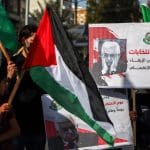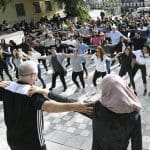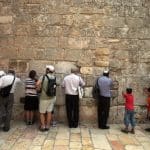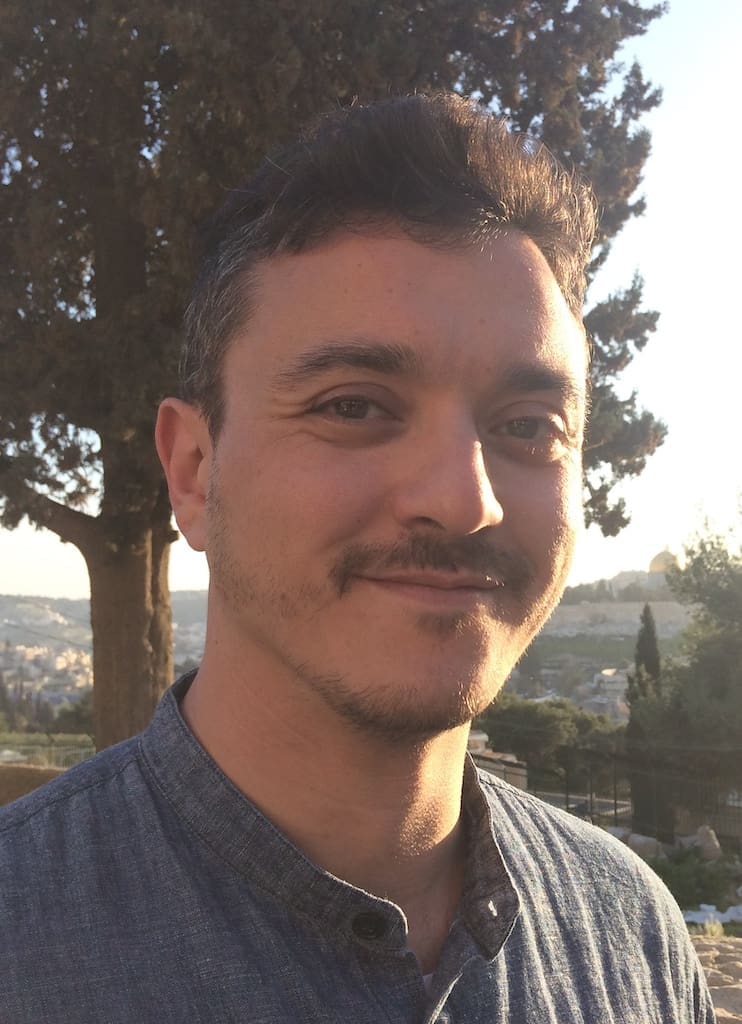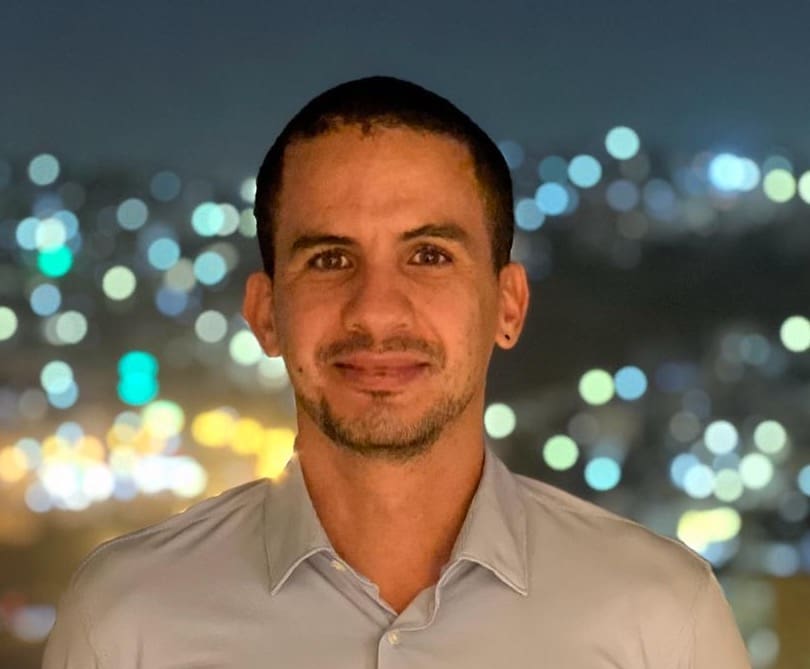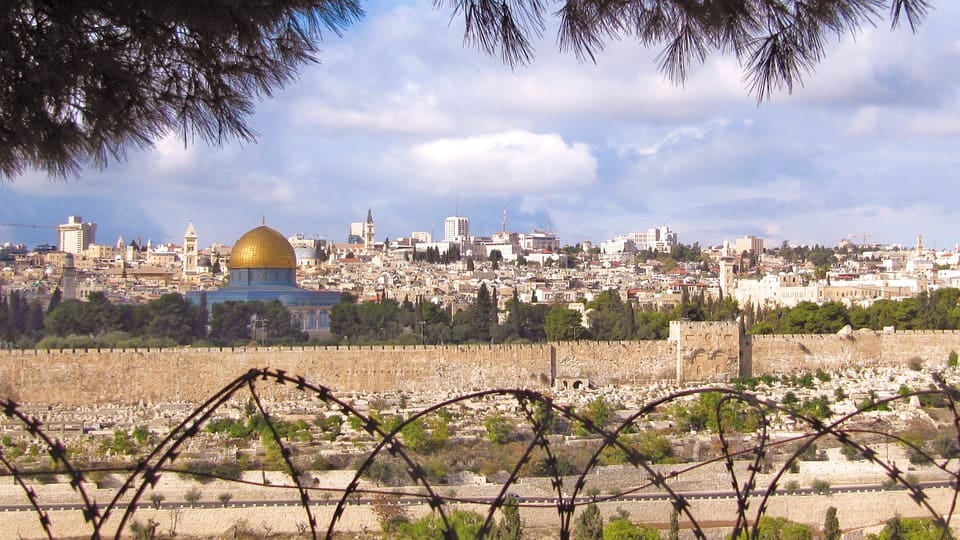
The dramatic events that have taken place the last few weeks in Gaza, Jerusalem, and across historic Palestine have been unfolding as Palestinians commemorate the 74th year of the Nakba on May 15.
How do the recent assaults on Palestinians in Jerusalem, Gaza, and across historic Palestine reflect the structural realities of Israel’s military occupation and settler-colonial foundations? Do the reactions of Palestinians across historic Palestine represent a change in the narrative of Palestinian resistance? How can the frameworks of settler colonialism and apartheid be employed to dismantle the practices that drive Israel’s violence?
Join guests Aseel Albajeh and Saleh Higazi alongside host Nadim Bawalsa as they navigate these questions and more in our forthcoming policy lab.
Saleh Hijazi is the Apartheid-Free Policy Coordinator at the Palestinian Boycott, Divestment and Sanctions National Committee (BNC), the leadership of the global nonviolent movement working to end complicity with and towards dismantling Israel’s settler-colonialism, military occupation, and apartheid. Before joining the BNC movement Saleh spent 11 years at Amnesty International, most recently as MENA Deputy Regional Director, and was co-author of the organization’s report “Israel’s Apartheid Against Palestinians: Cruel System of Domination and Crime Against Humanity”. He had previously worked with Al-Quds University Human Rights Clinic in Palestine. Saleh is a Palestinian, born and raised in Jerusalem and holds a BA in liberal arts from Lawrence University and MA in human rights from the University of Essex.
Nadim Bawalsa is Associate Editor with the Journal of Palestine Studies. From 2020-2023, Nadim served as Al-Shabaka’s commissioning editor. He is a historian of modern Palestine, and author of Transnational Palestine: Migration and the Right of Return before 1948 (Stanford University Press, 2022). His other work has appeared in the Jerusalem Quarterly, the Journal of Palestine Studies, NACLA Report on the Americas, and as well as in edited volumes. He earned a joint doctorate in History and Middle Eastern & Islamic Studies from New York University in 2017, and a Master’s in Arab Studies from Georgetown University’s Center for Contemporary Arab Studies in 2010. In 2019-2020, he was awarded a PARC-NEH fellowship in Palestine.










